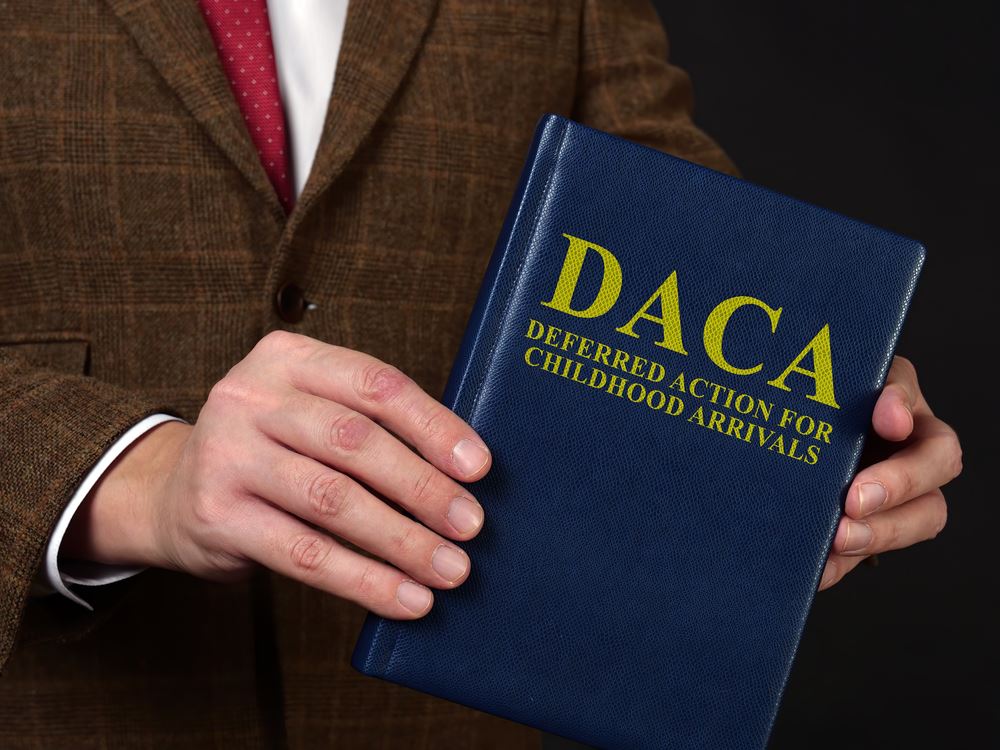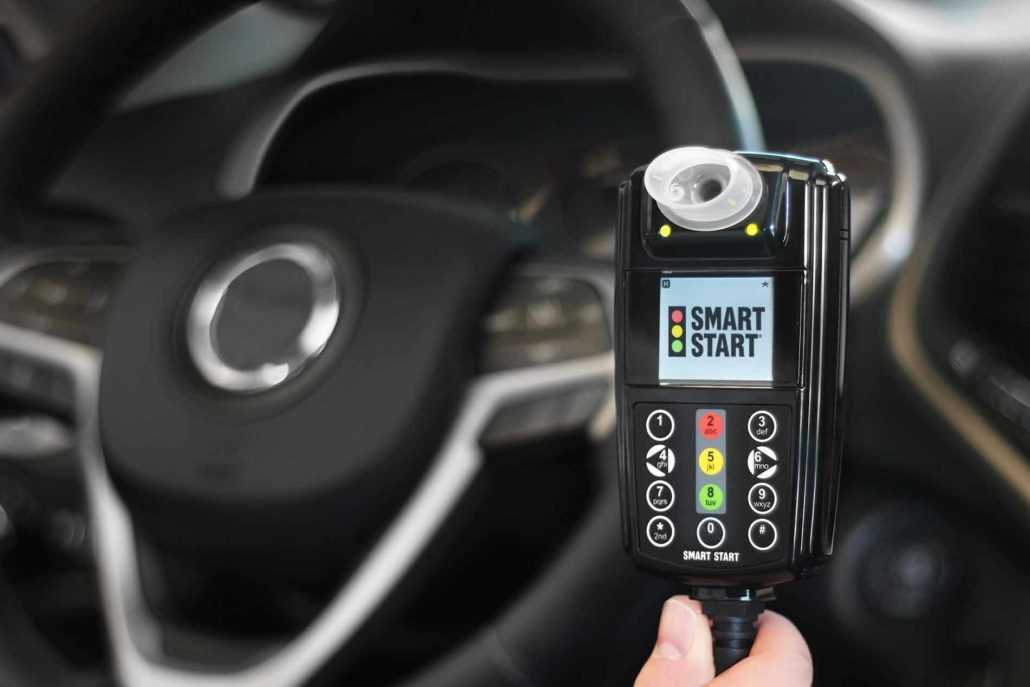If you’re a DACA recipient, the question of how a DUI might impact your immigration status is far more than hypothetical—it’s life-changing. Getting arrested for driving under the influence is stressful for anyone, but for someone with Deferred Action for Childhood Arrivals, the consequences can be deeply severe and long-lasting. So what exactly does a DACA DUI mean for your future? In this detailed guide, we’ll unpack the legal consequences of a DACA DUI and share real-world insights on how to avoid this critical mistake and protect your immigration status.
Whether you’re a Dreamer yourself or someone helping a loved one navigate the system, this article aims to explain the risks, the law, and the practical steps to keep your life and status intact. We’ll share stories, legal breakdowns, and real solutions—because when it comes to immigration and DUI law, understanding the intersection isn’t just smart. It’s essential.

DACA DUI Explained: Definition, Risks & Impact
Let’s start with the basics. A DACA DUI refers to a driving under the influenceDUI offense committed by a recipient of Deferred Action for Childhood Arrivals. While a DUI is serious for any driver, for DACA recipients it can be catastrophic. Unlike citizens or even some permanent residents, individuals under DACA have limited protections. Their ability to stay in the U.S. depends heavily on maintaining a clean criminal record.
Under current immigration policies, certain criminal offenses, including DUI, can lead to a revocation of DACA status—or make a recipient ineligible for renewal. So when we talk about a DACA DUI, we’re talking about a direct threat to your ability to remain in the country, continue working, and live without fear of deportation.
Real-Life Example: Maria’s Wake-Up Call
Maria was brought to the U.S. at the age of four and received DACA in her early twenties. She had a clean record, paid her taxes, and worked full-time while attending community college. One night after a graduation party, she drove home after drinking two margaritas. She didn’t feel drunk. But after running a red light, she was pulled over, tested, and arrested for DUI.
What started as a mistake turned into a nightmare. Maria now faced potential removal proceedings, the loss of her job, and the expiration of her DACA renewal. Her future hung in the balance—all because of one night. This is what a DACA DUI looks like in reality. It doesn’t matter if it’s your first offense. For immigration purposes, one is enough.
Why a DUI Is Treated So Harshly Under Immigration Law
Understanding the legal consequences of DACA DUI requires understanding the broader relationship between immigration law and criminal law. DACA is considered “prosecutorial discretion,” meaning it’s a temporary protection the government can revoke at any time. Recipients must meet strict requirements, one of which is maintaining a clean record.
Under current guidelines, even a misdemeanor DUI may be considered a “significant misdemeanor.” This classification alone can disqualify someone from DACA or trigger a denial upon renewal. And if immigration enforcement agencies discover the DUI before a renewal is filed, they may issue a Notice to Appear (NTA), initiating removal proceedings.
DACA recipients are particularly vulnerable because:
- They don’t have a pathway to citizenship or permanent residency
- Their status can be revoked without a trial
- They depend on USCIS approval every two years
That’s why a DACA DUI isn’t just about legal penalties like jail time or fines—it’s about risking your entire life in the U.S.
Penalties for DUI as a DACA Recipient
From a criminal perspective,DUI penalties vary by state, but they generally include:
- Fines ranging from $500 to $2,000
- License suspension
- Probation or jail time
- Mandatory alcohol education or rehab programs
- Installation of an ignition interlock device

But those are just the surface penalties. For DACA recipients, the immigration penalties may include:
- Revocation of DACA status
- Ineligibility for renewal
- Removal from the U.S.
- Inadmissibility (you cannot return if you leave)
- Employment termination if work permits expire
This dual-track consequence—criminal and immigration—makes DACA DUI one of the most dangerous scenarios for Dreamers.
Can You Renew DACA After a DUI?
One of the most common questions is whether someone with a DUI can still renew DACA. Unfortunately, the answer isn’t always straightforward. According to USCIS guidelines, a DUI may qualify as a “significant misdemeanor,” which is one of the reasons your renewal can be denied.
That said, USCIS reviews DACA renewal applications on a case-by-case basis. Factors they consider include:
- Whether the offense was violent or involved injury
- The number of offenses on your record
- Time since the offense
- Evidence of rehabilitation
- Positive contributions to your community

However, even with strong mitigating factors, a DACA DUI can still result in denial. The safest course of action is to avoid getting one in the first place.
Defending a DUI Case as a DACA Recipient
If you’ve already been arrested, all hope is not lost. With the right legal defense, you may be able to reduce or dismiss the charges—and preserve your immigration status.
Common DUI Defenses Include:
- Lack of probable cause for the traffic stop
- Improper administration of breath or field sobriety tests
- Medical conditions that mimic intoxication symptoms
- Faulty breathalyzer calibration or maintenance
- Violation of Miranda rights or procedural errors
It’s vital to hire a criminal defense attorney who understands both DUI laws and immigration consequences. Your attorney should work closely with an immigration lawyer to minimize damage from the criminal case.
Remember, a plea deal that might seem like a good deal for a U.S. citizen—such as pleading guilty to a DUI to avoid jail—can be devastating for someone with DACA. Legal strategy must prioritize immigration consequences.
What to Do Immediately After a DACA DUI Arrest
If you or someone you know is a DACA recipient arrested for DUI, quick action is critical. Here’s what to do:
- Do Not Plead Guilty Immediately – Always consult with an attorney before entering a plea
- Hire a Criminal Defense Lawyer Experienced in Immigration – Look for attorneys who understand the overlap between criminal and immigration law
- Inform Your Immigration Attorney – They can prepare a strategy in case removal proceedings begin
- Avoid Public Statements or Social Media Posts – These can be used against you
- Request Certified Court Records After Disposition – You’ll need these if applying for renewal later
Speed and discretion are key when dealing with the fallout of a DACA DUI. The longer you wait, the fewer options you’ll have.
Can You Expunge a DUI and Still Qualify for DACA?
Expungement laws vary by state, and while having your DUI expunged may help you in criminal court or with job applications, it may not help in immigration proceedings.
USCIS has made it clear that even expunged offenses can be considered during DACA reviews. That means even if your record looks clean, immigration authorities may still factor in the underlying conduct.
In short, an expungement might improve your odds—but it’s not a guarantee that you’ll qualify for DACA again after a DUI.
Preventative Steps: How to Avoid a DACA DUI
The best way to survive a DACA DUI is never to get one. Here are practical steps to prevent putting yourself in a situation where a DUI is even possible:
1. Always Use a Rideshare
If you’re going out drinking, plan ahead. Apps like Uber or Lyft are cheaper than the cost of losing your legal status, job, or freedom.
2. Have a Designated Driver
Commit to being the sober friend or make sure someone else is. And if no one can stay sober, don’t go out with that group.
3. Avoid Driving After Even One Drink
Alcohol affects people differently, and one drink might be all it takes for your BAC to reach illegal levels.
4. Keep Your Legal Documents Up to Date
If you’re stopped for any reason, having valid insurance, registration, and ID can prevent extra complications. Don’t give officers more reasons to investigate.
5. Know Your Rights
If you’re pulled over, remember: you have the right to remain silent, the right to refuse field sobriety tests, and the right to an attorney.

These tips might seem basic, but they’re lifesaving for DACA recipients who have more to lose than the average driver.
Real-Life Recovery: Julio’s Redemption Story
Julio, a 26-year-old DACA recipient from El Paso, was arrested for DUI after attending a family BBQ. It was his first offense. He cooperated with officers, hired a sharp DUI attorney with immigration experience, and refused to take a plea without understanding the consequences.
Through a combination of strong legal defense and community support, his charges were reduced to reckless driving—a lesser offense that didn’t count as a “significant misdemeanor.” He went on to renew his DACA, kept his job, and eventually earned a scholarship for immigrant youth.
Julio’s story is a reminder that a DACA DUI doesn’t have to be the end—but it must be handled with extreme care and urgency.
Final Thoughts: One Mistake Shouldn’t Cost You Everything
So what have we learned about DACA DUI cases? They’re serious. They’re stressful. But with smart choices, informed legal strategy, and personal responsibility, they can be prevented—or in some cases, successfully defended.
Whether you’re trying to avoid a mistake or recover from one, knowledge is your best weapon. You’ve worked too hard, sacrificed too much, and come too far to let one night ruin your future.
Stay safe. Stay smart. And above all—know your rights, protect your status, and never take a DACA DUI lightly.


